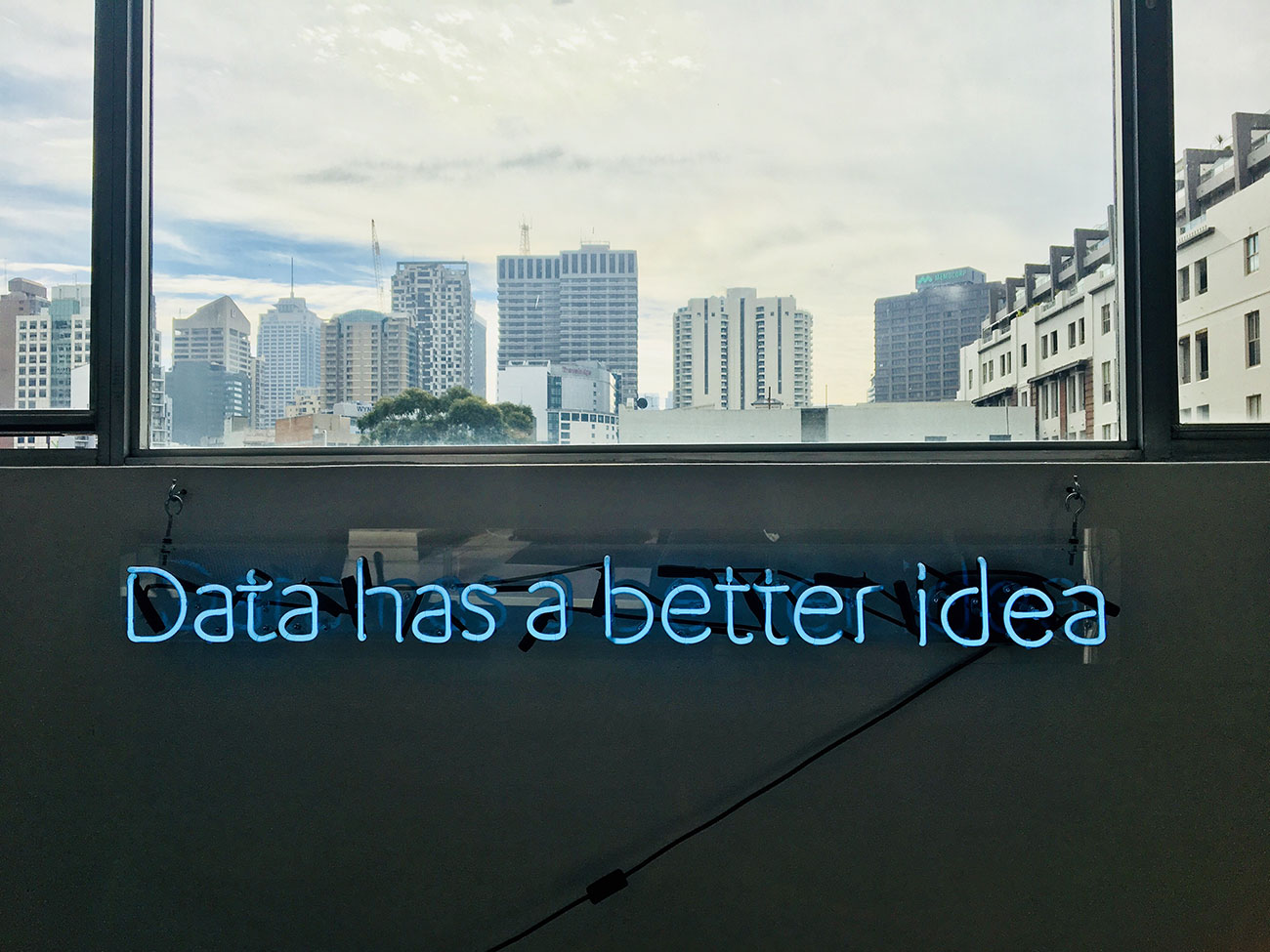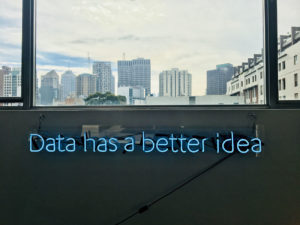Most Recent News


Popular News




How much do data tracking companies know about you and your family? Have no worries: Big Data is Watching You.

There is over 2.5 quintillion bytes of data created every single day.
That’s a tremendous amount of data. And a tremendous amount of potentially damaging information given away (nearly) freely.
Because data has become so very important in nearly every major corporate sector, it’s likely to continue to grow at a resounding pace.
Data can make or break companies. Capitalism will ensure that companies will either adapt to this new pressure, or be taken out of business. In a way, companies have been utilizing data without realizing it for years. A small mom and pop shop monitoring spending habits and what provokes people to spend, and then acting on that information, resulted in a conclusion that was no different from gathering data and running regressions to determine the same results.
However, we’ve taken that desire for data to a bit of an extreme.
Now, most major companies resolve around the data-driven approach to answer all questions. Analysts, statisticians, and similar job titles are skyrocketing in demand and pay. Because they directly help the bottom line.
And it’s spreading across all sectors. It’s not just held to marketing anymore. Now, we see it in the financial sector, in corporate enterprises, in smaller shops, even in social media usage.
And they know so much about us. And that list is continuing to grow:
The list is arguably endless. All of this data can be found and tracked throughout your habits utilizing anything that is attached electronically. Hell, sometimes even hard cash transactions require an ID to scan and verify.
Many companies have moved toward a more “un-identifiable” approach to collecting data. They say that they assign a specific key to a specific user, thereby keeping their privacy safe in the process.
Is this accurate? Not really. If someone finds out the specific key that is connected to a user, which would not be hard to do especially if location tracking is involved in that dataset, they could immediately find the user that the specific key falls under.
Going into the future, I expect this to be used heavily, especially at the top. Our future politicians will probably originally be curated by their data history, as that could be used for blackmail and other dangerous purposes.
Imagine a company having the entire data history of Obama or Trump prior to them becoming president. They could release any pieces of information that could tie them to scandals or otherwise public errors. Things such as infidelity, porn habits, odd search histories, and anything else that is tracked, really.
All of that is kept for years upon years to continue to build upon the known human big data dataset.
This data has the capabilities of even changing beliefs in populations. Find out what makes them tick, what makes them change, and target that subject no differently than if they were trying to time a purchase.
The fact that data has this traction is already a massive invasion of privacy. And the fact that companies with massive control are getting more control through these means (such as Google) spells a negative conflict going into the future.
If you think we’re in a corporatocracy now, just wait until big data goes into full swing and all politicians have to answer to the data companies that control all of their data, all the politicians’ employees data, and all of their supporters data.
We’re headed in a weird direction with big data. It will be interesting to see where it goes. But without some strong regulations and changing of already implanted habits, I don’t see it ending well.
You can be an anomaly, though. Get off major social media (switch to better versions like these), use better search engines, install as many privacy add-ons as needed, use better currency systems online, and be careful with what you purposely give out online.
Then go encourage others to do the same.
(Learn More About The Dominion Newsletter Here)